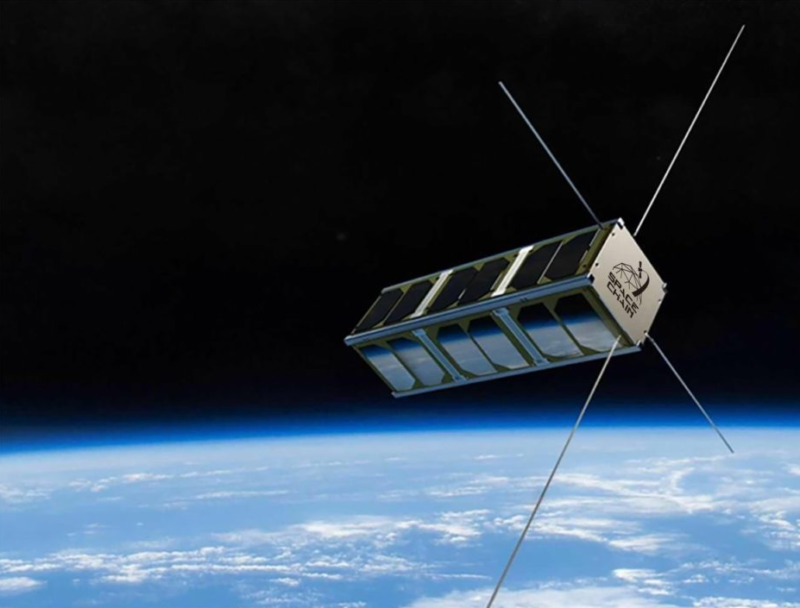Latest News

Renditon of Qtum’s blockchain satellite. Photo; Qtum Foundation.
Qtum Foundation announced a collaboration with the SpaceChain Foundation to launch a standardized CubeSat, which will carry Qtum‘s blockchain software technology on a Raspberry Pi device.
The electricity required for cryptocurrency mining — or tallying cryptocurrency transactions in exchange for a small fee — has increased exponentially over the years. According to Digiconomist, Bitcoin mining power consumption had increased 56.2 percent over four months to hit 47.07 TWh, costing $2.3 billion per year and consuming 0.21 percent of the world’s electricity.
In Proof-of-Work (PoW) consensus algorithms, power consumption is necessary for transaction verification, which is done through PoW mining. By launching a satellite into space with a comparatively lighter proof-of-stake algorithm, Qtum intends to increase its reliability with a future satellite network expansion.
While most blockchain technologies use PoW for their mining operations, Qtum uses a form of Point of Sale (PoS) for its transaction verifications in the network. The satellite launch provides energy savings and a cheap hardware platform. Instead of buying expensive specialized mining equipment that cost thousands of dollars to purchase, setup, and maintain, Qtum wallet holders can mine for Qtum tokens on light devices, according to the foundation.
There are now more than 14,000 cryptocurrencies in the world aside from the major cryptocurrencies such as Bitcoin, Ethereum, and Ripple. However, these cryptocurrencies are costly to maintain which increases the barrier for widespread industrial adaption, Qtum stated. With the satellite launch, Qtum hopes to lower the cost of industrial usage, which would set the stage for mass adoption of its blockchain and also future application advantages.
Get the latest Via Satellite news!
Subscribe Now